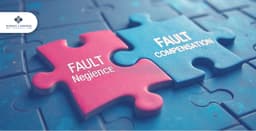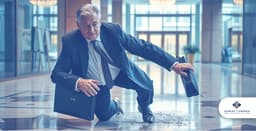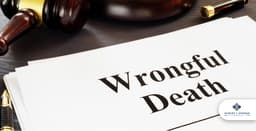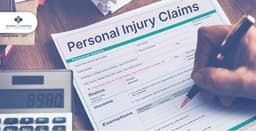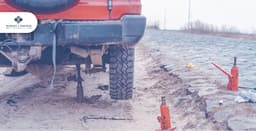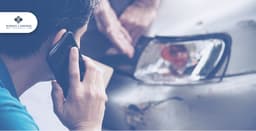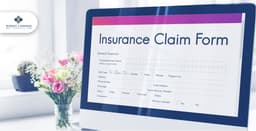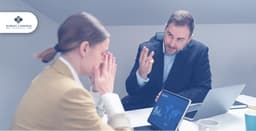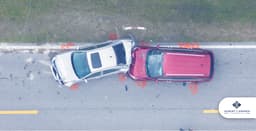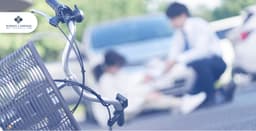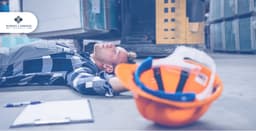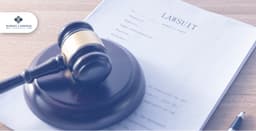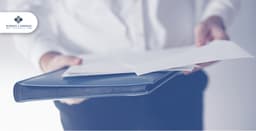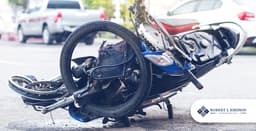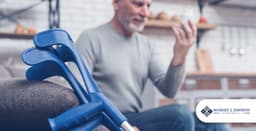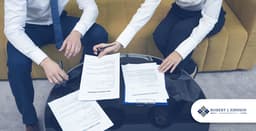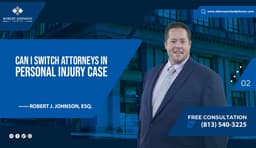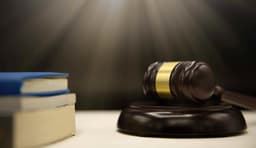
February 26, 2025
10 Steps to Take After a Slip and Fall Accident in Florida
Slips and falls are some of the most common and severe injuries you can experience in Florida. These accidents happen in homes, businesses, and public places. The major reasons behind this accident can be wet floors, poor maintenance, or dangerous conditions. Seniors and people with disabilities are at a higher risk of getting hurt from this slip and fall. It can even cause death to many civilians.
For, slip and fall cases, property owners are legally responsible for keeping their spaces safe. If they don't, they might have to pay for the medical bills and other losses of those who get injured. So, if you've been injured in a slip and fall (or not), you need to know what to do to protect yourself and your rights (or in the future). Here are 10 steps you should take after experiencing a slip and fall accident.
Step 1: Seek Immediate Medical Attention
If you’re hurt in a slip-and-fall accident and need urgent help, ask someone to call 911. When emergency workers arrive, follow their instructions. If they suggest going to the hospital, make sure you go. Even if you don’t go right away, see a doctor within 48 hours. Some injuries, like head injuries, might not be clear at first. A doctor’s record of your treatment is important if you plan to make a claim later.
Step 2: Find Out the Property Owner or Manager (Where the Accident Happened)
After your fall, find out who is responsible for the property—whether it’s the owner, property manager, or the landlord. Inform them about your accident and injuries as soon as possible. It’s important to know who is in charge because they may be held responsible for what happened. Getting in touch with them early on helps to document the incident and starts the process of making sure they are aware of your claim.
Step 3: Ask to File a Formal Report
After your fall, find out who is responsible for the property—whether it’s the owner or the property manager. Inform them about your accident and injuries as soon as possible. It’s important to know who is in charge because they may be held responsible for what happened. Getting in touch with them early on helps to document the incident and starts the process of making sure they are aware of your claim.
Step 4: Document the Scene
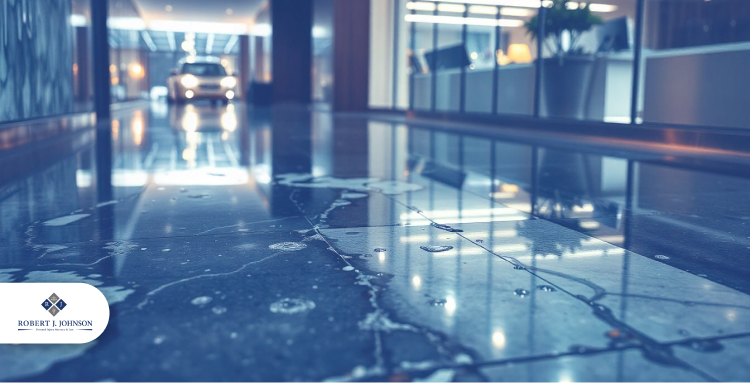
Taking Photos and Videos:
Right after the accident, if you can, take photos and videos of the area where you fell. Capture anything that contributed to your fall, like a wet floor, uneven steps, or poor lighting. These images can serve as strong evidence later on. Don’t forget to photograph not just the hazard but also the general area and your injuries. For instance, take pictures of any bruises, bandages, or damage to your clothes. If the floor was slippery, try to capture it from an angle that shows the reflection, highlighting how slick the surface was.
Gathering Witness Information:
If anyone saw the accident, ask for their contact information, including their name, phone number, email, and address. Witnesses can offer important testimony that backs up your account of what happened. If they’re willing, see if you can record a quick statement on your phone while the event is still fresh in their minds. This can be more reliable than asking them to remember details later on.
Keeping Personal Notes:
Make sure to keep detailed notes about everything related to the accident. Write down exactly what happened, where you were, and how you fell. For example, if you were running errands before the fall, note the places you visited and what you were doing just before you slipped. Document your pain, the medical treatments you receive, and how your injuries affect your daily life, like missing family events or struggling with daily tasks at home. These personal records will be very helpful if you need to recall specific details for your claim.
Step 5: Preserve Evidence (Your Clothing and Footwear)
Preserve the clothing and footwear you were wearing during the accident. These items may have traces of the hazardous condition, such as water, oil, or debris, which can serve as evidence.
Preserving evidence is crucial because it can significantly influence the outcome of your legal case. The more evidence you have, the stronger your position will be when negotiating a settlement or presenting your case in court.
Step 6: Keep All Documents & Papers Thats Related to the Incident
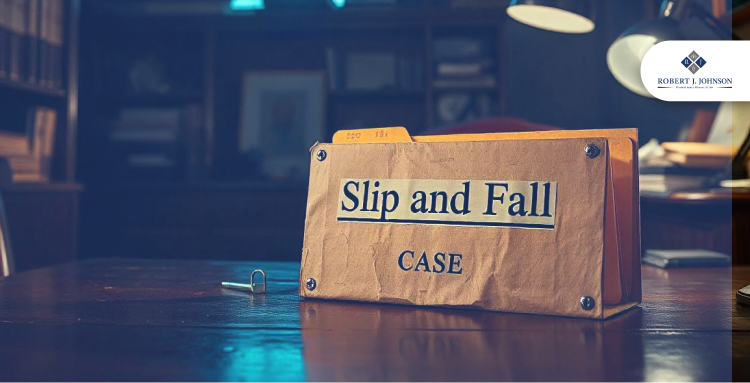
Ask for a copy of any official accident reports that the property owner or manager may have created. These reports usually contain important details about the incident that can help support your claim.
Save all bills and receipts linked to your medical treatment, time missed from work, or any other changes in your life because of the fall and injury. If any of your personal belongings, like clothing, jewelry, or a phone, were damaged in the fall, make sure to keep them as well.
Step 7: Avoid Giving Statements
Why You Should Avoid Speaking to Insurance Adjusters:
After your accident, an insurance adjuster might contact you. It might seem harmless to talk to them, but it’s best not to give any statements. Adjusters often aim to reduce the amount of compensation you receive by getting you to admit fault or downplay your injuries.
How to Handle Inquiries:
If you’re approached by an insurance company or anyone else about the incident, politely decline to discuss the details until you’ve spoken with a personal injury attorney. Let your attorney handle all communications with the insurance companies to make sure your rights are protected.
Be careful of Signing Documents:
If an insurance adjuster asks you to sign any documents, like a release for your medical records, do not do so without consulting your attorney first. Never sign anything presented by an insurance company without getting your lawyer’s advice. Their goal is to protect your interests, ensuring you don’t accept blame or settle for less than you deserve.
Step 8: Protect Your Interests
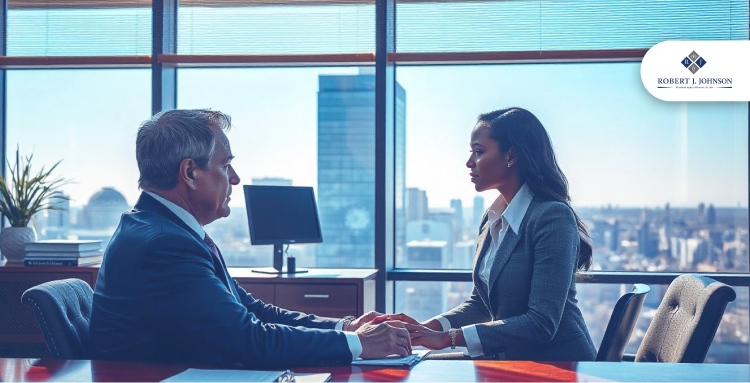
Understand Where Compensation Comes From
When you pursue compensation for medical bills, lost income, property damage, or pain and suffering after a slip-and-fall accident, the money usually comes from an insurance policy, such as business liability or homeowner’s insurance—not directly from the property owner.
Don’t Let Guilt Hold You Back
If a small business or homeowner is responsible for your injuries, don’t let them make you feel guilty by claiming that legal action will ruin them. The lawsuit is against the insurance company, not the individual. Insurance exists to protect businesses and homeowners in cases like this, so don’t hesitate to seek the compensation you deserve.
Avoid Public Discussions and Social Media
Don’t talk about your case publicly, especially on social media. Avoid posting anything about the accident, your injuries, or any potential legal action. Even casual comments can be misinterpreted and used against you. Keep all conversations about the incident strictly between you, your attorney, and your doctors.
Step 9: Understand Florida's Slip and Fall Laws
In Florida, property owners must keep their property safe. If they fail to do so, they can be held liable for injuries that occur. Knowing these laws can help you understand your rights and strengthen your claim. That’s why familiarize yourself with Florida’s rules for slip and fall accidents. These rules explain who is responsible and what kind of compensation you can get.
We’ve discussed thoroughly the legal process and laws for slip and fall claims. Go and check out for more details.
Step 10: Contact Robert J. Johnson, Your Personal Injury and Accident Attorney
After a slip and fall accident anywhere in Florida, it’s important to get advice from an experienced attorney. Robert J. Johnson can help you understand your options and guide you through the legal process. He will work to build a strong case and help you get the compensation you deserve.
When you visit a business, you expect it to be safe. If their negligence leads to your injury, they should be held responsible. You shouldn’t have to deal with medical bills and lost wages on your own, especially when the accident wasn’t your fault. Reach out to Robert J. Johnson to get the support you need during this challenging time. You can call (813) 540-3225 or you can fill out the form for free case evaluation.

